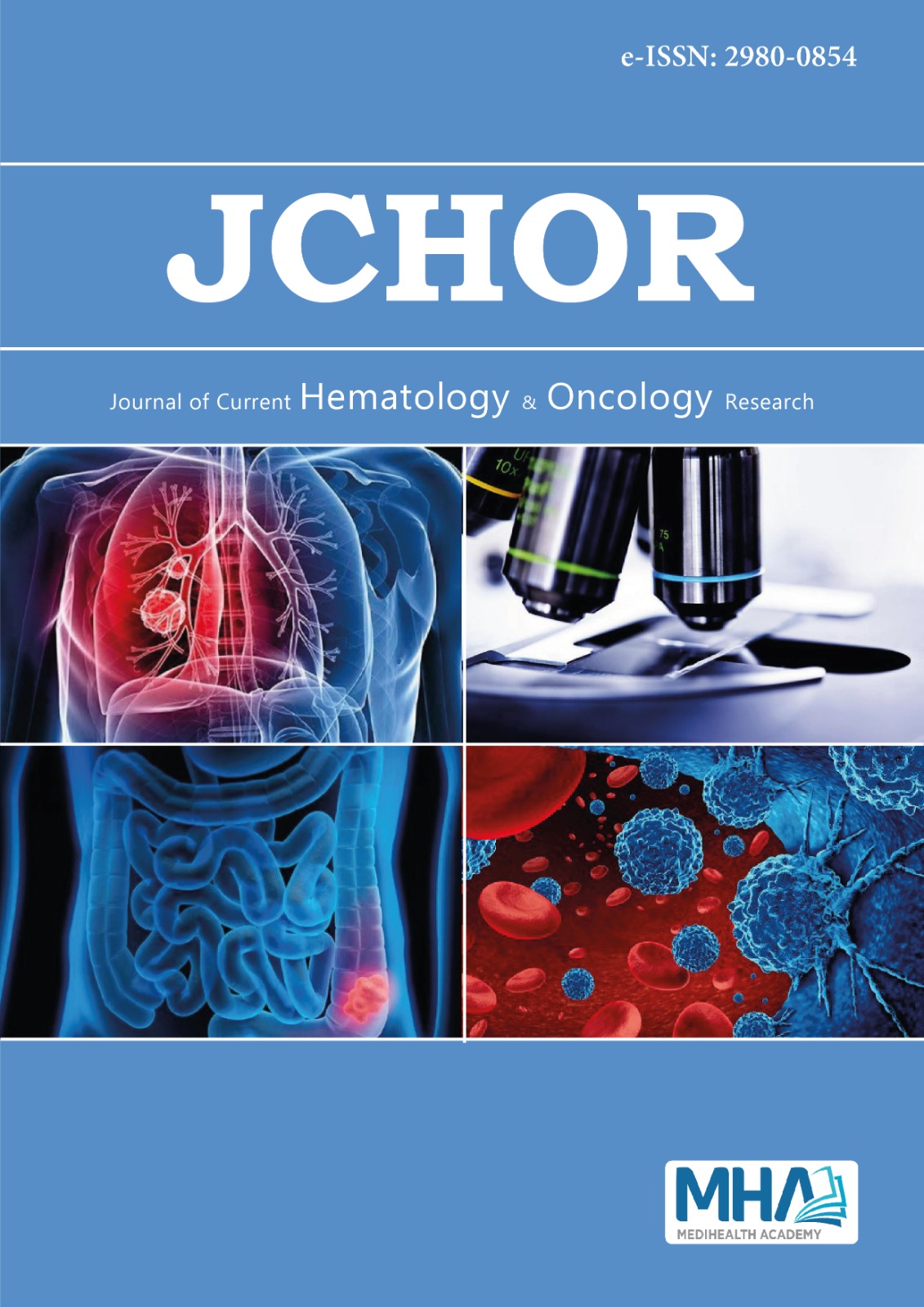Journal of Current Hematology & Oncology Research
The Journal of Current Hematology & Oncology Research regularly publishes internationally qualified research in hematology and oncology within the current scholarly knowledge. This journal is indexed by indices that are considered international scientific journal indices (DRJI, ESJI, OAJI, etc.). According to the current Associate Professorship criteria, it is within the scope of International Article 1-d. Each article published in this journal corresponds to 5 points.

